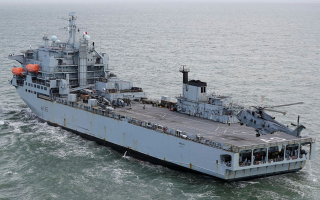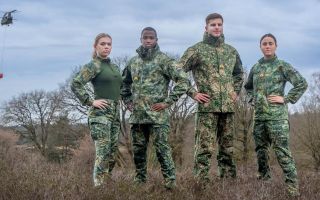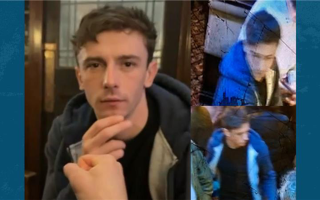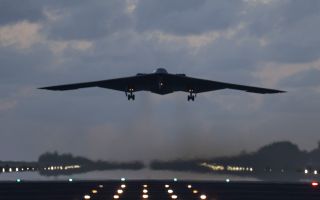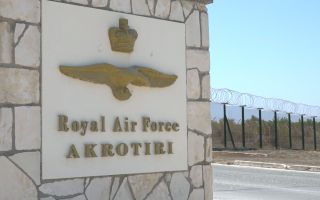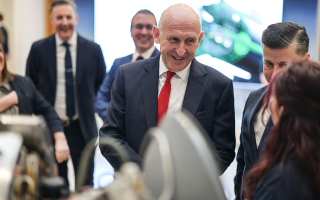How the dead are giving soldiers fighting on the frontline the chance to live
Tucked away in a downstairs anatomy lab in a British university, Ukrainian military surgeons cluster around four tables.
On each lies a human cadaver, covered from head to toe in a crisp white sheet. These are people who've donated their bodies to science, so that we might learn for the future.
When it comes to saving the lives of soldiers fighting on the frontline in Europe, this is the best possible preparation. The more these surgeons practise, the better they become.
"There are obviously simulation cadavers," Colonel Paul Parker, a senior orthopaedic surgeon in the British Army, told Forces News.
"But the tissue feel that we get when we're doing some of the micro anatomy - nothing actually feels 'as good' as these bodies do.
"The feel of the tissue, the elasticity - we can't replicate that yet with plastic models. It's like riding a bike - the more you ride the bike, the luckier you get when you're riding it."
The idea to bring small numbers of Ukrainian surgeons over for coaching began with humanitarian trauma surgeon Morgan McMonagle.
During a visit to Ukraine, he felt their surgeons could benefit from training with real human tissue. He contacted the MOD to ask if they could help in bringing surgeons over. They said yes.
Working with the Royal College of Surgeons, Monagle and the MOD designed a bespoke course. Only a small number of surgeons are allowed to leave Ukraine at a time, but it's hoped 24 will have received training by the end of the year.
One Ukrainian surgeon BFBS Forces News spoke with used to live in the western part of the country, doing ordinary surgery. However, when war broke out, he left his wife and children to go and work from a stabilisation point close to the frontline.
"This course is very important for us," he said. "I don't have time for education during the war.
"Every soldier I save - he can go back to the war and kill another enemy... I just want to save the lives of soldiers."
Some estimates say there are over 100,000 amputees in Ukraine as a result of the conflict.
The skill level of the surgeons not only save lives, but also affects the functionality and health of soldiers further down the line.
How well a prosthetic will fit, for example, depends on how the limb was amputated.
"You will be coming across some very badly injured limbs and you may have to make some difficult decisions about whether to amputate those limbs," British consultant orthopaedic surgeon Steve Mannion explained to the Ukrainians.
"Sometimes saving it results in complicated painful surgery later, and the reduced functionality is no better than it being amputated."
Around 1,300 people donate their bodies to science each year and each one is used to teach around 100 medical students. The departments consider every one of them a precious gift.
One Ukrainian surgeon said he is hugely grateful for the opportunity to come to the UK and train. "Day by day we do it better – I do my job better and better," he added.

